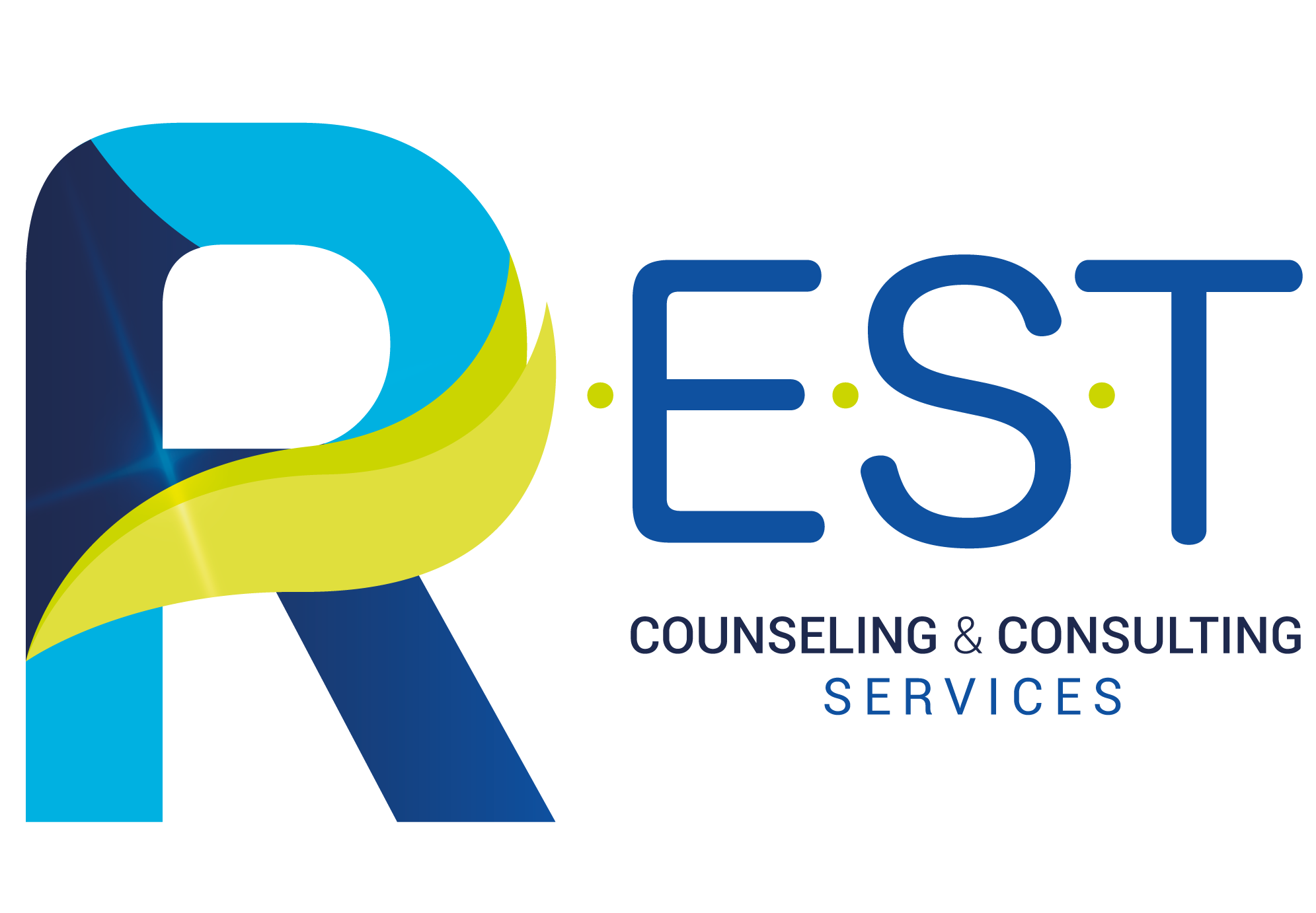Social Anxiety Disorder (SAD): an irrational fear of rejection. One of the most common and secret disorders in the world. People who suffer from severe social anxiety do it in silence because they are too ashamed to admit this problem. The onset of SAD is 15 years before asking for help, and some people will never do it. This is a terrible position to be in because what will set you free, you fear the most: talking to someone about your problem. These are three things to remember to help you with your social anxiety.
It’s more common than you think
When you suffer from social anxiety, you feel alone. The constant fear of being judged makes you feel like you’re the only in the world who suffers from this, but this is a much more common problem than you think. According to the Anxiety and Depression Association of America, SAD affects 15 million adults or 6.8% of the U.S. population. It has a lifetime prevalence rate (chances of developing the disorder at any time during the lifespan) up to 12%. It is the most common anxiety disorder, and clinical trials show that it can be overcome with therapy.
It’s almost never your social skills
Most people who suffer from constant social anxiety are actually outgoing individuals. They have excellent social skills, but their fear inhibits them. Some of them even say they become a different person once they are relaxed. This is because anxiety is responsible for making you avoid dangerous situations, in this case: socializing. If you learn to overcome your anxiety and relax, you will realize you are the social person you always wanted to be.
Just like you, people always think about their insecurities
When you suffer from social anxiety, your focus is continuously on what’s wrong with yourself. Whether you are talking to someone or driving your car, you feel you’re always on trial for something you did. What you don’t realize is that everybody goes through this every day. We all want approval, so is normal to fear rejection. Not only that but the majority of the times we are more critical of ourselves than others. Just like you don’t have time to criticize others, most likely they don’t have time to criticize you. We were all made different and unique. It’s a matter of accepting those differences and uniqueness and embracing who you are as an individual by making small improvement every day and little by little you will get rid of the burden of being yourself.
If you or someone you care about is interested in exploring treatment, please contact me today. I would be more than happy to speak with you about how I may be able to assist.
References:
National Collaborating Centre for Mental Health (UK). Social Anxiety Disorder: Recognition, Assessment and Treatment. Leicester (UK): British Psychological Society; 2013. (NICE Clinical Guidelines, No. 159.) 2, SOCIAL ANXIETY DISORDER.Available from: https://www.ncbi.nlm.nih.gov/books/NBK327674/https://adaa.org/about-adaa/press-room/facts-statistics
